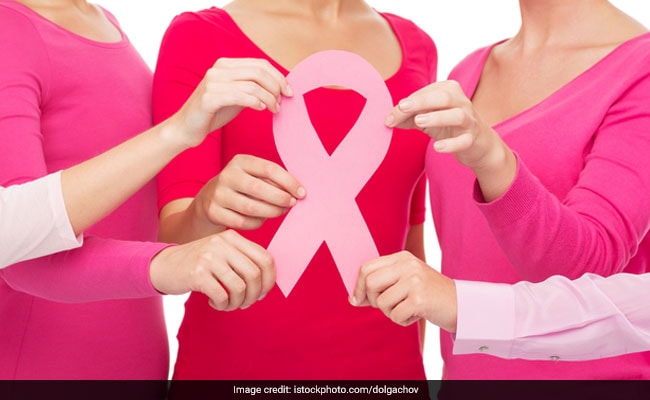Breast Cancer Awareness Month is an annual campaign observed in October to raise awareness about breast cancer, promote early detection, and support those affected by the disease. It aims to educate people about risk factors, the importance of regular screenings like mammograms, and how lifestyle choices can influence breast cancer risk. The week encourages community participation in fundraisers, events, and educational outreach to boost research and improve treatment outcomes for breast cancer patients. We can use this month to understand how some lifestyle changes can help lower your risk of breast cancer.
10 Lifestyle changes that can reduce your risk of breast cancer
1. Maintain a healthy weight
Excess body fat, particularly after menopause, increases the risk of breast cancer due to higher oestrogen levels. Managing weight through a balanced diet and regular exercise helps keep hormone levels stable, reducing the risk.
2. Exercise regularly
Physical activity reduces oestrogen and insulin levels, which are linked to breast cancer. Aim for at least 150 minutes of moderate aerobic activity or 75 minutes of vigorous exercise weekly to help lower your risk.
3. Limit alcohol intake
Drinking alcohol raises oestrogen levels and may damage DNA, increasing the likelihood of breast cancer. Limiting alcohol to one drink per day or less can significantly lower this risk.
4. Quit smoking
Smoking is linked to a variety of cancers, including breast cancer. Quitting smoking not only reduces the risk of developing breast cancer but also improves overall lung and heart health.
5. Eat a nutrient-dense diet
Incorporating a variety of fruits, vegetables, whole grains, and lean proteins helps support the immune system and can lower cancer risk. Focus on foods rich in antioxidants, fibre, and healthy fats like omega-3s.
6. Breastfeed if possible
Breastfeeding for several months reduces the risk of breast cancer, particularly in women who have breastfed for a year or more. It helps regulate hormone levels and provides protective effects for both the mother and the baby.
7. Avoid hormone replacement therapy (HRT)
Long-term use of combined oestrogen-progesterone hormone replacement therapy increases the risk of breast cancer. If HRT is necessary, it should be used at the lowest dose and for the shortest possible duration.
8. Limit exposure to radiation
Certain medical imaging procedures, like CT scans, expose the body to radiation, which can increase breast cancer risk over time. Only undergo these procedures when medically necessary and seek alternatives if possible.
9. Be mindful of environmental toxins
Avoiding exposure to certain chemicals, like those found in some cosmetics, plastics, and pesticides, may reduce the risk of breast cancer. Choose natural, organic products and avoid using plastic containers for hot foods to minimise toxin exposure.
10. Get regular screenings
Early detection is key to treating breast cancer successfully. Regular mammograms and self-breast exams can help catch abnormalities early. Consult with your doctor about when to begin screenings, especially if you have a family history of breast cancer.
Add these lifestyle changes to your routine today to reduce your risk of breast cancer.
Disclaimer: This content including advice provides generic information only. It is in no way a substitute for a qualified medical opinion. Always consult a specialist or your own doctor for more information. NDTV does not claim responsibility for this information.













